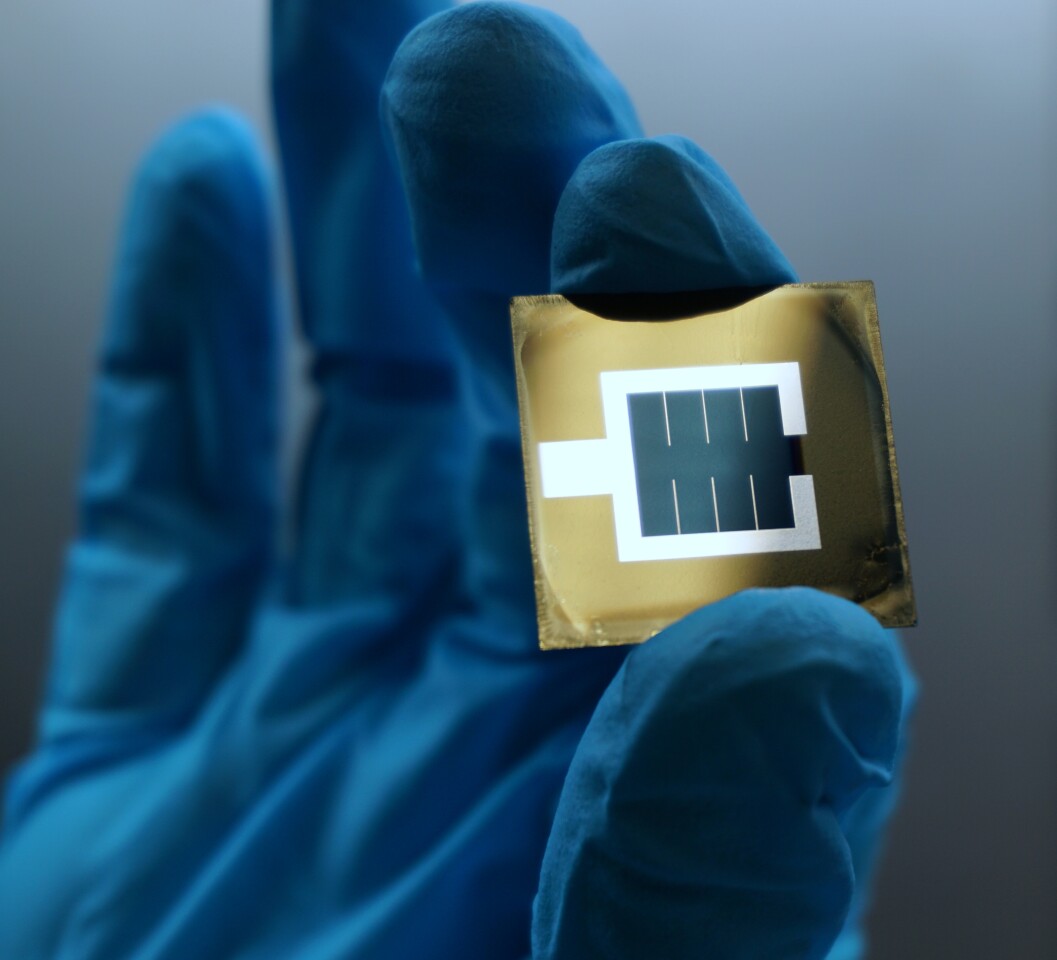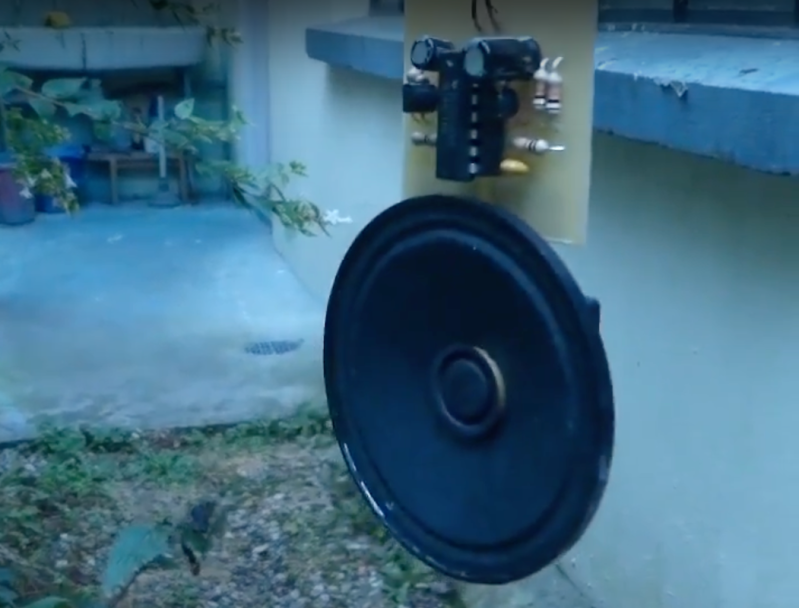Ultra-thin coating makes for self-cleaning solar panels
Solar panels can’t operate efficiently if they’re caked in dirt, but cleaning them regularly can become a time-consuming process. Engineers in Germany have now developed an ultra-thin coating that can make solar panels and other surfaces self-cleaning…. Continue reading Ultra-thin coating makes for self-cleaning solar panels


